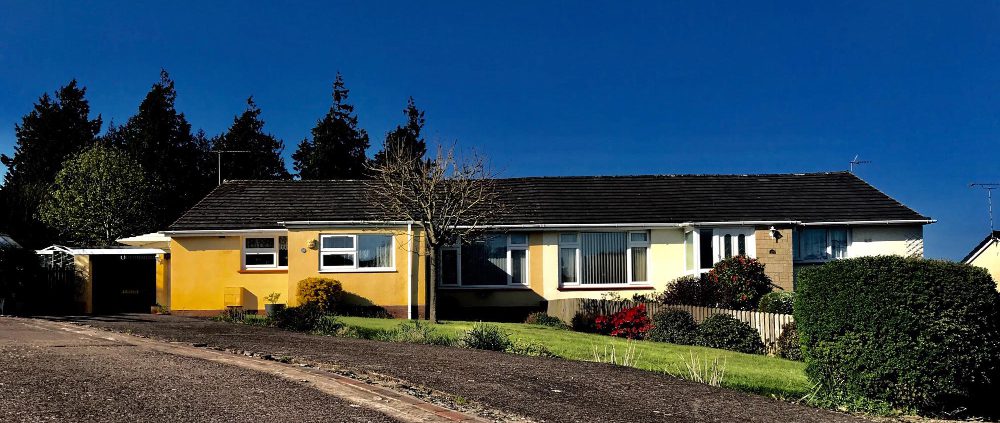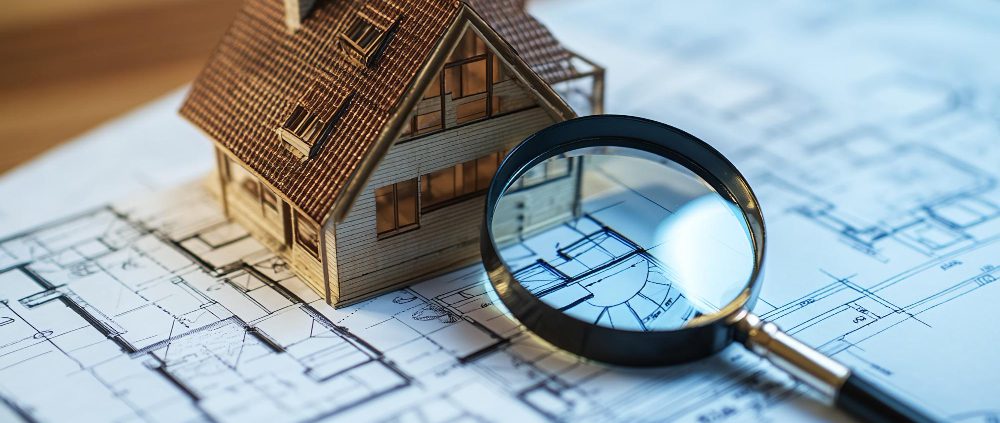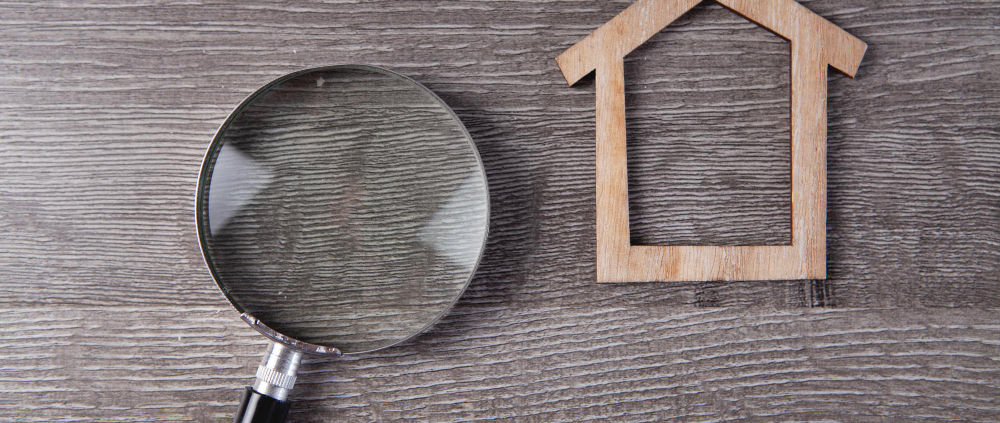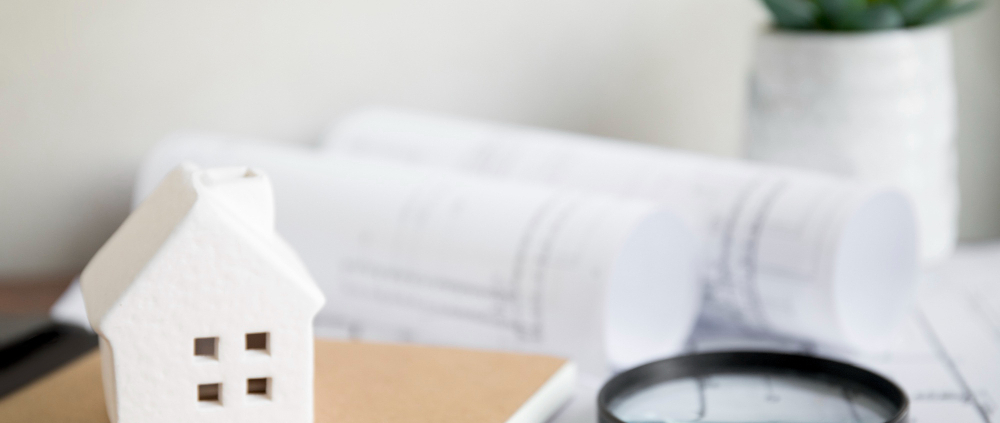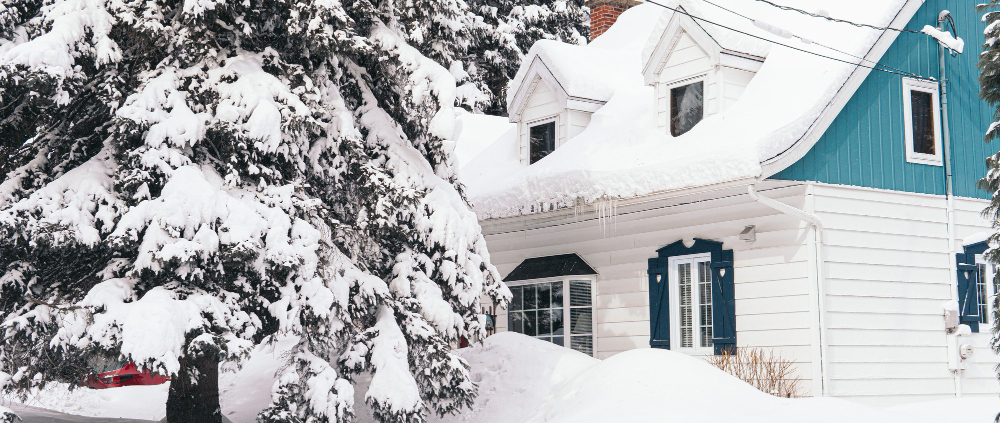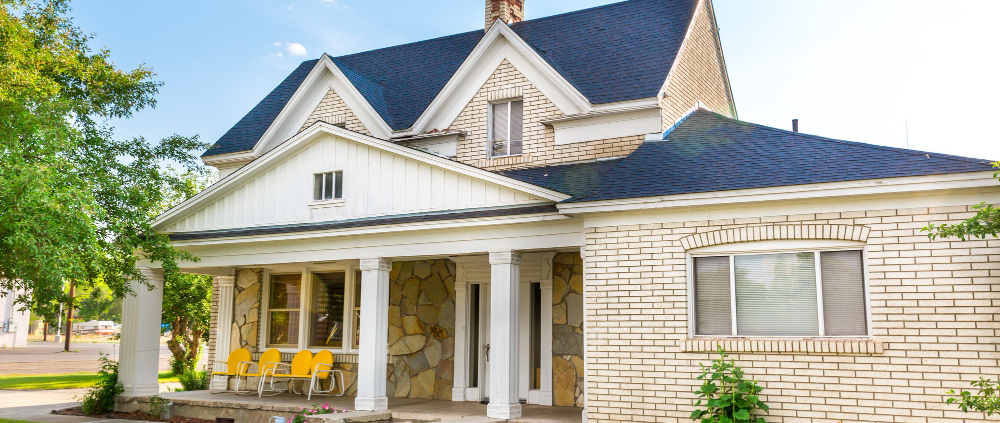When it comes to buying or selling a home, maximizing property value is often at the forefront of everyone’s mind. One tool often overlooked in the process is the home inspection. While typically associated with real estate transactions, home inspections can also play a critical role in improving and maintaining property value over time. So, can home inspections actually help boost your property’s worth? Let’s explore.
What Is a Home Inspection?
A home inspection is a comprehensive assessment of a property’s condition conducted by a licensed professional. The inspector evaluates the structure, systems, and safety of the home, covering everything from the foundation to the roof. Home inspections are usually ordered by prospective buyers during a transaction, but proactive homeowners can also benefit greatly from scheduling periodic home inspections.
How Home Inspections in Pittsburgh Impact Property Value
1. Identifying Issues Before They Escalate
Over time, even minor issues in a home can snowball into major problems. A cracked foundation, leaky roof, or outdated electrical wiring might not be immediately noticeable but can cause serious damage if left unchecked. Regular home inspections can uncover these problems early, saving you money on repairs and ensuring that your home remains in good condition—a key factor in maintaining property value.
2. Enhancing Buyer Confidence
When selling a home, providing a recent home inspection report can be a significant advantage. A clean bill of health from a professional inspector shows potential buyers that the property has been well-maintained. This transparency can make buyers feel more confident in their investment and reduce the chances of price negotiations or deal breakouts.
3. Prioritizing Renovations and Upgrades
An inspection can help you understand which areas of your home need attention. This is particularly valuable if you’re planning renovations to increase your property’s value. Instead of blindly updating rooms or replacing systems, you can focus on areas with the most significant impact on your home’s overall marketability—such as repairing structural issues, upgrading plumbing, or improving energy efficiency.
4. Meeting Local Code Requirements
Some homes, especially older ones, may not meet current building codes. An inspection can highlight areas that need updating to comply with regulations. Ensuring your home is up to code not only improves safety but also increases its appeal to buyers who may otherwise be deterred by the risk of noncompliance.
Proactive Home Inspections: A Smart Investment
Many homeowners wait for buyers to order an inspection, but proactive inspections can offer a competitive edge in the market. Here’s why:
- Avoid Last-Minute Surprises: Unanticipated issues discovered during a buyer-initiated inspection can delay or derail a sale.
- Negotiate From a Stronger Position: Addressing problems in advance allows you to list your home confidently and stand firm on your asking price.
- Demonstrate Responsibility: A proactive approach shows buyers that you’ve taken good care of the property, increasing trust and perceived value.
Maximizing Value Beyond the Inspection
After the inspection, homeowners can take actionable steps to maximize their property value:
- Make Necessary Repairs: Fixing issues identified in the inspection report can prevent future damage and make the property more attractive.
- Invest in Energy-Efficient Upgrades: Features like solar panels, modern HVAC systems, and energy-efficient windows can increase both appeal and appraised value.
- Boost Curb Appeal: While inspections focus on structural and system integrity, don’t forget the power of first impressions. Fresh landscaping, a new coat of paint, and clean gutters can make a big difference.

